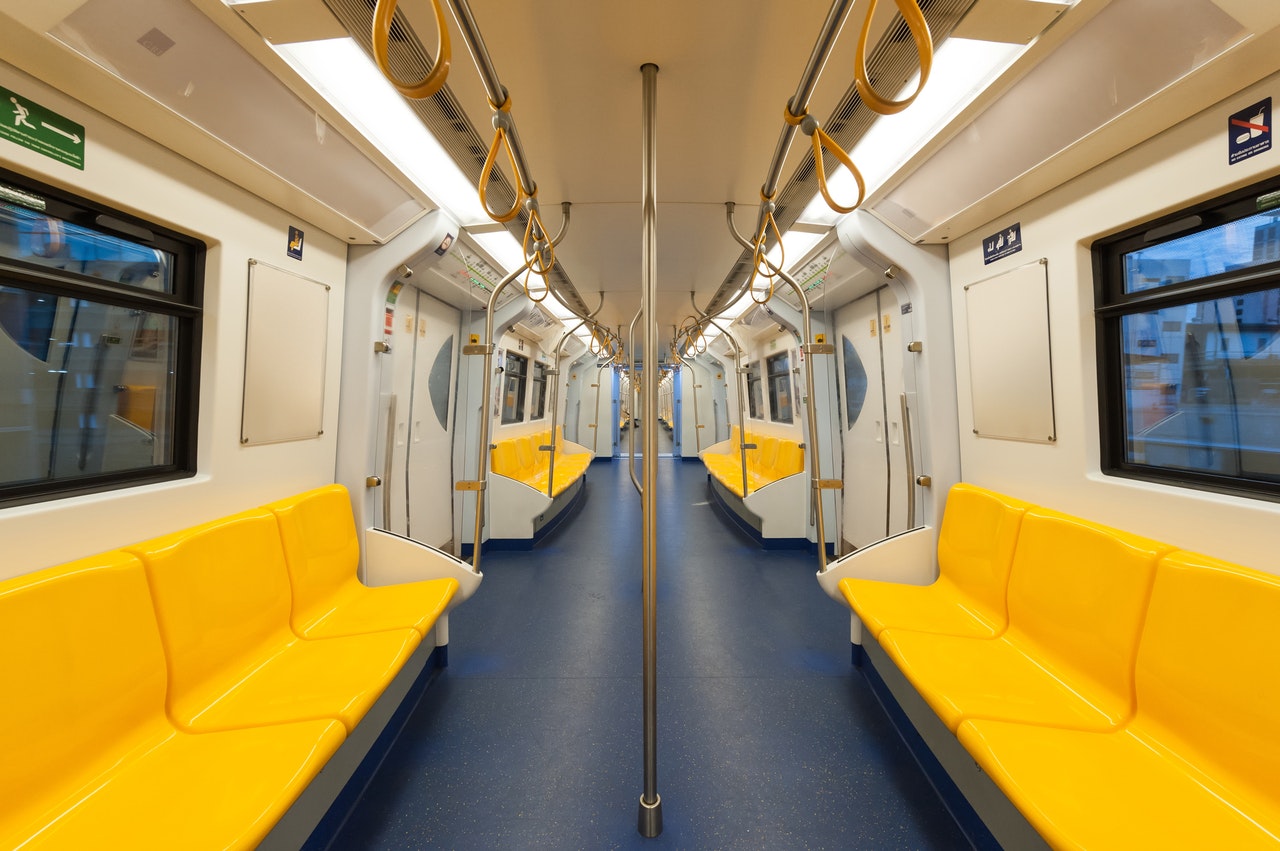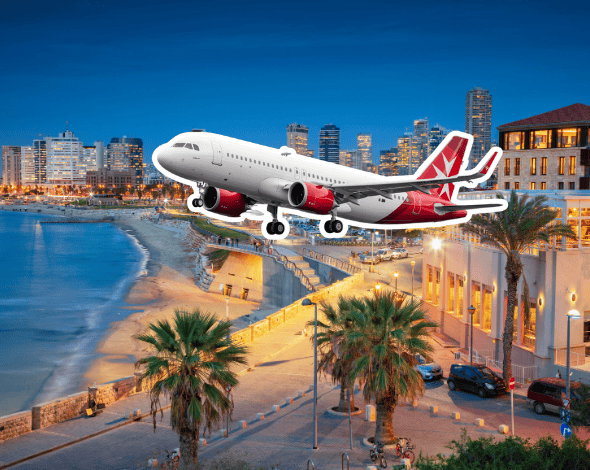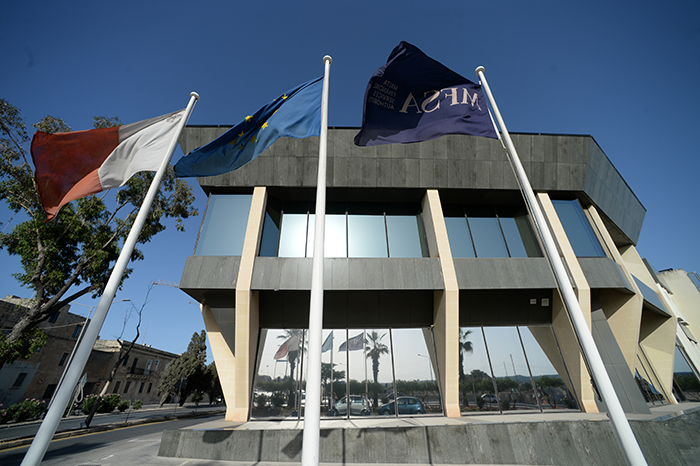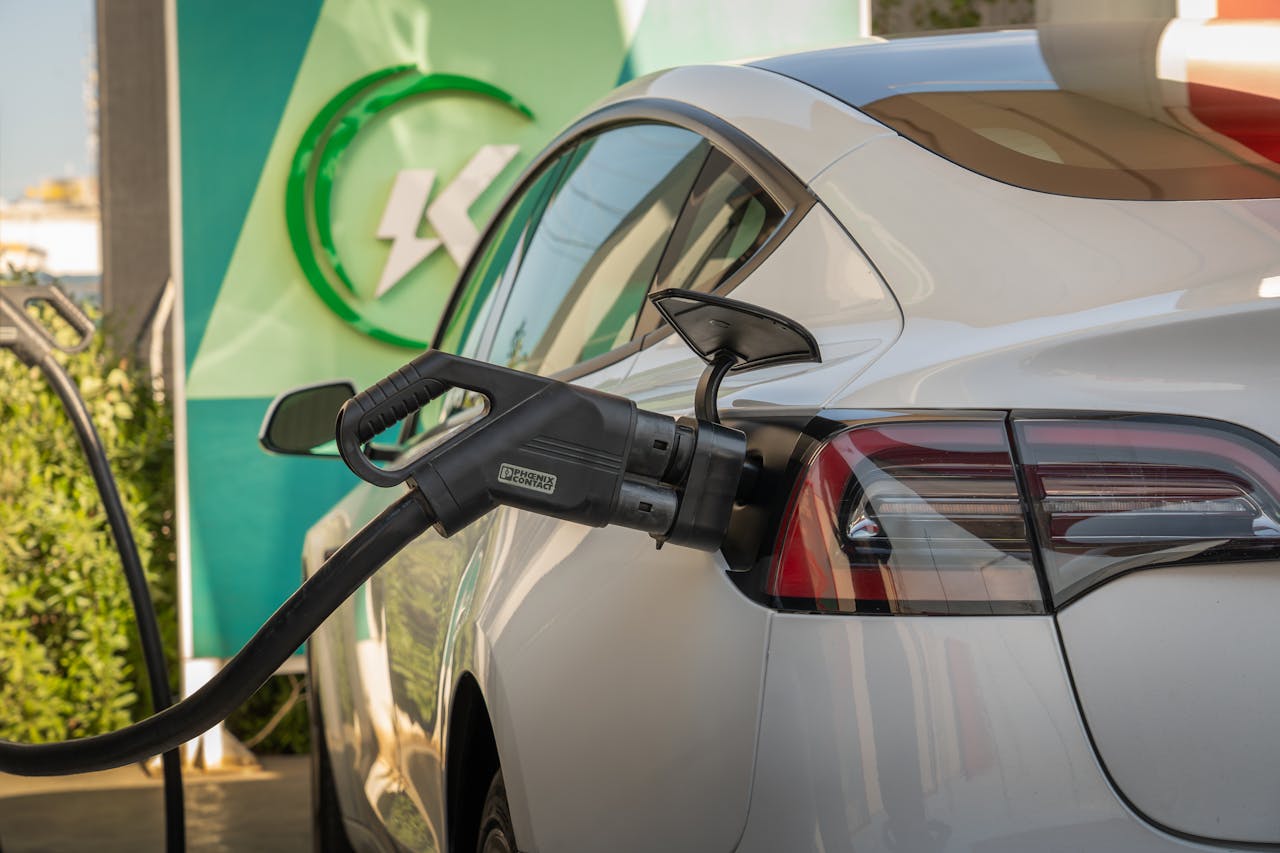Sources of funds to build and operate the proposed metro include vehicle licences, parking fees, fuel duty and developer fees, according to studies published by Transport Malta.
The Malta Metro hype may have died down for the moment, but the glitzy campaign kickstarted a discussion on the country’s future transportation needs.
One criticism of the metro is that its €6.2 billion price tag is exorbitant. Almost two thirds of the total is related to infrastructure, with tunneling alone estimated to cost close to €1.5 billion.
BusinessNow.mt has previously conducted a deep dive into the project’s financials, which found that the benefits are expected to outweigh the costs after 37 years, according to Arup, the consultants engaged to develop the proposal.
However, these quantified benefits largely relate to time savings for individuals, not actual monetary income for the metro.
Looking at the proposal from a financial viewpoint, there remains a funding gap of over €2 billion.
Part of this will be covered through higher road licence costs for vehicles, increased fuel costs, the introduction of parking fees and charges levied on developers constructing additional floorspace close to a station.
The funding gap remaining after taking all these additional sources of revenue into account however remains over €1.8 billion, with Arup admitting that, “The means by which the remainder of the scheme would be funded can only be answered when there is greater clarity around the preferred option.”
Here is a look at the projected charges that will be used to pay for the Malta Metro:
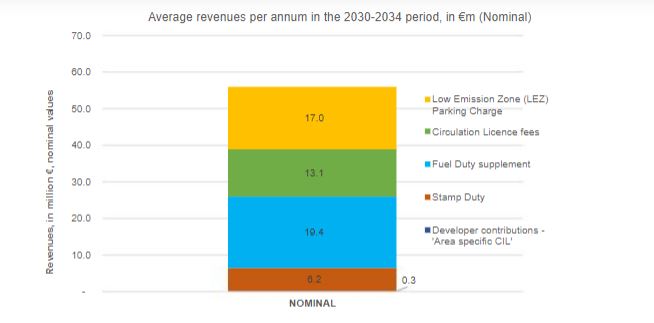
Low Emission Zone Parking Charge
Arup projects that €11.85 million can be raised annually by levying a parking fee of €3 for vehicles entering the Low Emission Zone (which is planned to cover the entire area served by the metro) during the morning peak. The fee would only be levied on vehicles that are not certified EURO5, estimated to amount to half the total vehicles.
Fuel duty supplement
The proposals envisions an increase in fuel taxes of €0.05 per litre of both petrol and diesel.
Road licence
Increases in the road circulation licence are variably pegged at €10 or €25 in different areas of the study.
Developer contributions
Between 2027 and 2033, the development of additional floorspace (residential and commercial) would be subject to a fee of €40/sqm.
Stamp duty
While no changes to the stamp duty are envisioned, the increased revenue derived from these taxes due to the increase in value f property situated within a 10 minute walk of a station could be retained to pay for the metro.
The proposal foresees a growth of 2.3 per cent per annum between 2017 and 2035, and one per cent per annum from 2036 onwards. Arup also prices in an increase in property value of 10 per cent between 2029 and 2031, as the metro comes online.
Funding gap
Even with all these, there remains a “significant” funding gap after taking into account the directly scheme-related user funding sources such as farebox and retail.
Arup states that such a funding gap “is not unusual in transport schemes given the significant upfront capital cost requirements combined with public policy and/or willingness to pay constraints that mean the full cost of infrastructure cannot be collected from such sources”.
The proposal notes that additional funding will therefore need to be raised from alternative sources: “In such cases, the broader population and business community may be expected to fund the remaining costs through general or specific taxation and charging. This would reflect the basis that the scheme would generate benefits to the nation through economic growth, reduced air pollution or faster journey times.”
KM Malta will start flying to Tel Aviv this summer
New route announced as part of KM Malta Airlines' largest summer schedule to date
Why the MLRO role matters more than ever
Matthew Scicluna and Eric Micallef from the MFSA’s Financial Crime Compliance function, shed light on the MLRO Guidance document
New EV leasing mechanism introduced for businesses
The arrangement will support the leasing of zero-emission vehicles without impacting the De Minimis State aid limits of leasing companies


